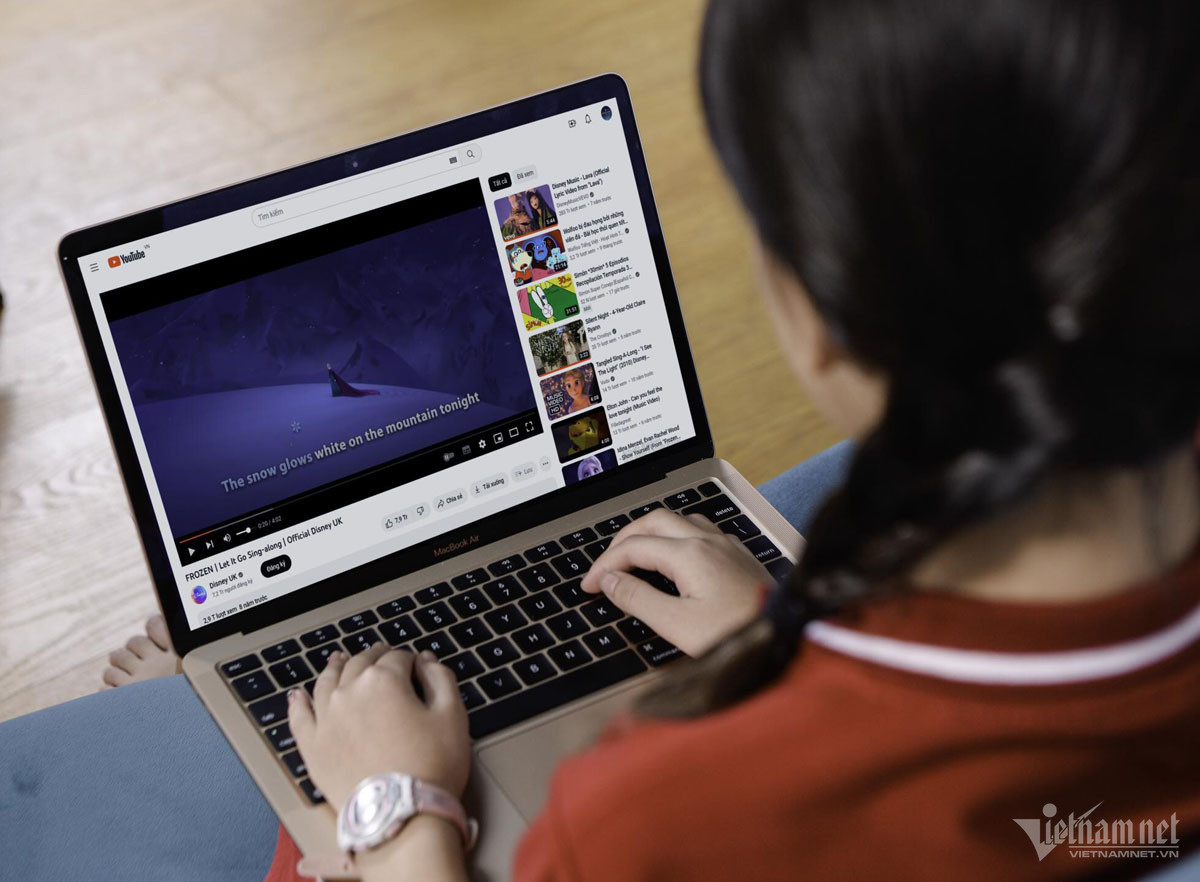
Protecting children’s personal information was one of the issues discussed at a seminar on policies and technologies to prevent and control toxic information directed at children in cyberspace, held by the Vietnam Information Security Association (VNISA) some days ago.
VNISA’s deputy chair Ngo Tuan Anh cited a study reporting that the average age for Vietnamese children to own mobile phones is 9, or four years earlier than children in the rest of the world. Meanwhile, the average age for them to have initial knowledge about cybersecurity is 13.
“Most children are not equipped with the knowledge to protect personal information and protect themselves when joining the internet environment, and children’s information may also become the ‘bait’ of bad guys,” Anh said.
Noting that personal data, including children’s data, leakage and stealing are common, Dinh Nhu Hoa, head of the inspection division of the Vietnam Cybersecurity Emergency Response Teams/Coordination Centre (VNCERT/CC), said there are reasons behind the information leakage.
The first is that information systems collect and store data from users, but don’t set levels of information access and don’t deploy enough solutions to ensure information security is guided, which creates vulnerabilities for attacks.
Children’s information leakage is also attributed to the users’ poor awareness of personal information protection. Users are careless and provide information on social media. For example, when the academic year ends, parents tend to show off the learning achievements of their children on Facebook, attached with images and information about their classes and schools.
Moreover, agencies, organizations, and enterprises collect data but don’t protect the data. They even share data without permission from third parties. In most cases, data is leaked from data management officers. Meanwhile, online phishing frauds are increasing with many websites set up just to collect personal information.
According to Bui Duy Thanh from the World Vision Vietnam, regarding impacts of information insecurity, after stealing children’s information, hackers will use the information to abuse children, resulting in many serious consequences.
Studies conducted by Disrupting Harm in Vietnam and regional countries found that many child sexual abuse and cyberbullying cases came from stolen information (names, addresses, photos and private secrets) of children.
Deputy head of the Department of Child Affairs under the Ministry of Labor, War Invalids and Social Affairs Nguyen Thi Nga said that prevention is really the most important solution.
Van Anh